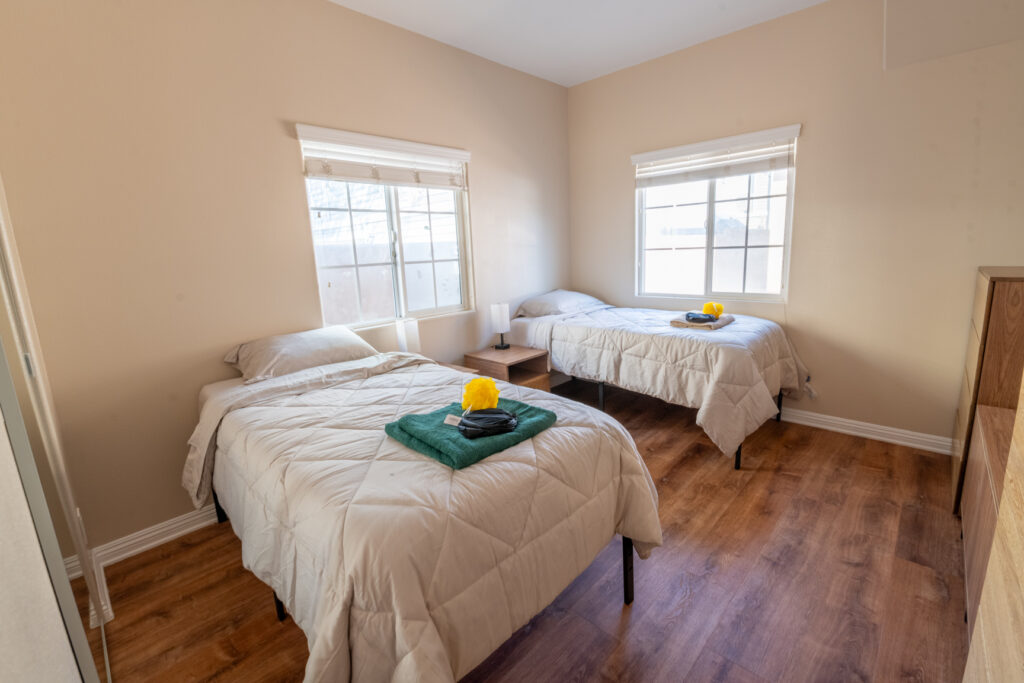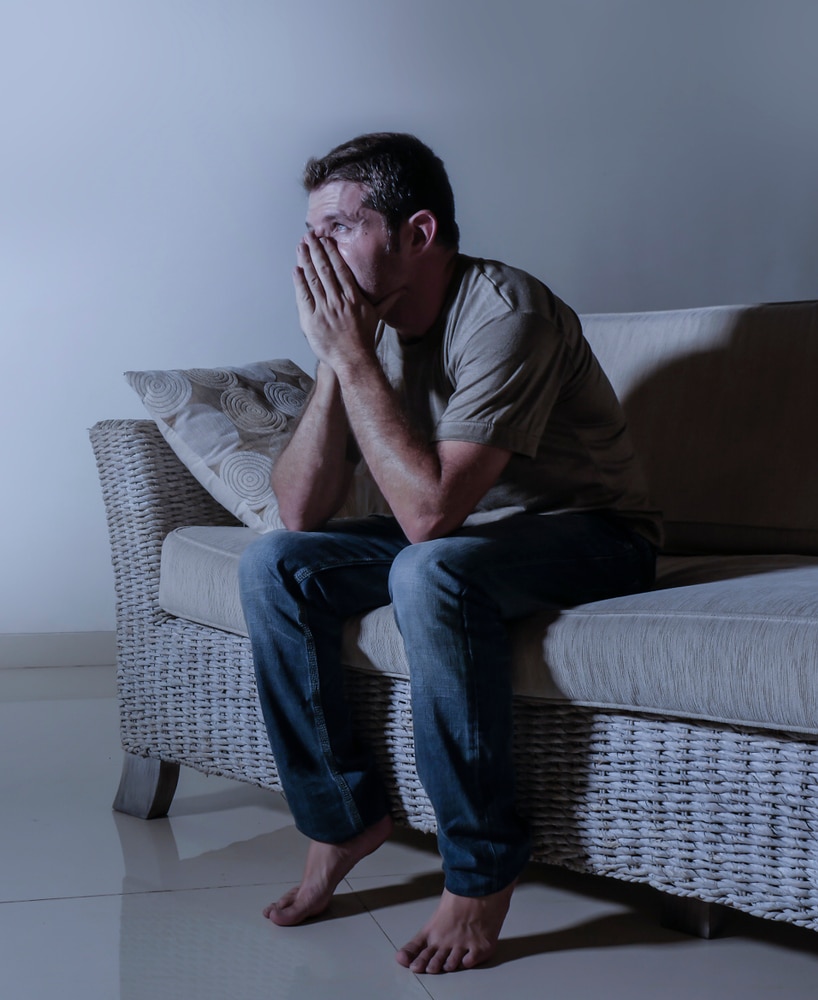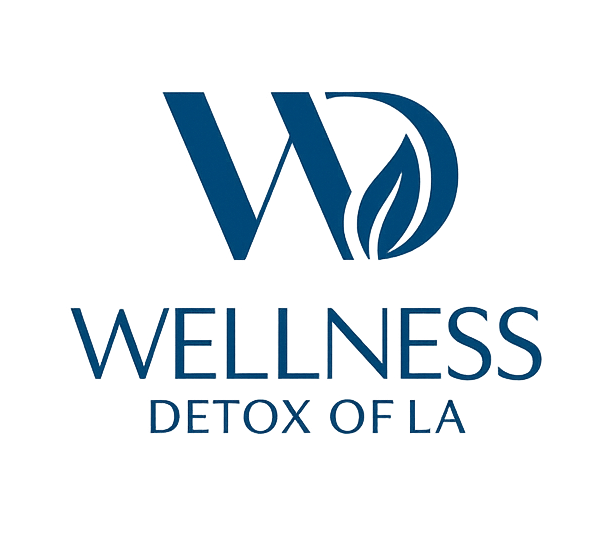- HOME
- What We Treat
- Opioid Addiction
Opioids
Client-First Care
Bespoke Treatment
Integrative Wellness
healing designed for you
Los Angeles Opioid Rehab Center
Much of the attention that the opioid epidemic has received has been due to the rise in overdose deaths that have occurred in recent years. While many of these deaths are not caused by prescription opioids, they do play a role. The CDC reported that overdose deaths are the leading cause of injury-related deaths in the United States.
Wellness Detox is the premier Los Angeles opioid rehab with various inpatient treatment options, including partial hospitalization programming, intensive outpatient programming, and outpatient treatment.

Opioid Rehab Center
What Medications Are Opioids?
Opioids are medications that can be used to treat and reduce pain. These medications are used for medical surgeries and procedures and with individuals who experience severe and chronic pain.
Commonly prescribed opioids include:
- Oxycodone
- Hydrocodone
- Morphine
- Fentanyl
Two other opioid medications worth noting are Methadone and Suboxone. These medications are used to treat addiction to other opioids, including pain medications and heroin. While both medications have a high risk for abuse, the risk associated with Methadone is higher. This is one of the reasons that Methadone is dispensed at a supervised clinic daily and not taken at home.

Treatment
Detoxification
We provide medically supervised detoxification services onsite under the care of our experienced clinical team.

Treatment
residential inpatient
Our residential inpatient program offers 24/7 medically supervised care in a comfortable, supportive environment.

Treatment
Outpatient Detox Options
Our outpatient detox options combine medically supervised withdrawal management with personalized counseling.
Effects of Opioids
Opioids' Effect on the Body
When opioids are taken, they bind to the opioid receptors in our brain, which are responsible for the sensation of pain and our emotions. Opioids tell our brain to block any pain that you’re experiencing and to relax so that you feel calm.
Over time, your body gets used to this message and adapts to the new change. When this happens, you can develop a tolerance to the medications and require a higher dose to experience the relief you are expecting. Since your brain has adjusted to having opioids, when you reduce your dose or stop taking your medications, you can experience withdrawal symptoms.
While opioid withdrawal does not come with immediate dangers like alcohol and benzos, the combination of vomiting and diarrhea can cause dehydration, which can cause complications.
Signs and Symptoms
Signs and Symptoms of Opioid Abuse
When someone is misusing their prescription, they can run out of their medication early and need to supplement with medication purchased illegally.
Individuals who are struggling with an opioid addiction may show some of the following signs:
- Restricted pupils
- Slurred speech
- Drowsiness and nodding out
- Dry mouth
- Heaviness in arms and legs
- Withdrawing from family and friends
- Doctor shopping
- Irritability
- Lying, manipulating, and stealing
- Financial concerns
- Difficulties at work
- Instability within relationships

Opioid Addiction Impacts
Consequences Associated with Opioid Abuse
When someone is abusing opioids, there are various short-term and long-term effects to be mindful of.
Perhaps the most significant short-term risk is that of an overdose. Opioid overdoses can be fatal, sometimes even after being given Naloxone. Naloxone is an opioid overdose reversal medication that can be used in the event of an overdose. However, it is essential to note that this medication does not remove the opioids from your system, so there is a potential for a subsequent overdose, which is why you should always get medical attention after an overdose.
Long-term effects that can occur after prolonged use of opioids include:
- Fragile bones among the elderly
- Chronic constipation
- Sleeping difficulties
- Lowered immune system
- Mood disorders, including anxiety and depression
- Reproductive and sexual difficulties
- Heart health concerns
Speak to Someone Right Now
Request a Confidential Callback
Opioid Addiction Treatment
Options for Opioid Treatment in New Jersey
Individuals who are struggling with opioid addiction have access to various treatment options, including:
- Partial hospitalization programming
- Intensive outpatient programming
- Routine outpatient treatment
- Outpatient mental health treatment
- Dual-diagnosis treatment
- Medication-assisted treatment
Don't Let Addiction Win
Find Your Path to Freedom
Don’t wait any longer. Our expert team is standing by day or night ready to help you begin your journey to long-term recovery.
Addiction Doesn't Have to Win
Wellness Detox is a Los Angeles Opioid Rehab
Living with an addiction can create a sense of loneliness and isolation, which can hinder your ability to reach out for help when you are ready to take a step toward your recovery. The Wellness Recovery Center understands the strength and courage it takes to ask for help, and is here to support you in your journey!
The Wellness Detox is a Los Angeles opioid rehab that provides whole-person care to individuals who have been living with an addiction. With various outpatient treatment options available, we can provide you with a continuum of care while you adjust to the early stages of your recovery at home. If you require a higher level of care before beginning outpatient treatment, we partner with inpatient treatment providers and can help you get to where you need to be!
Our partial hospitalization program (PHP) is the most intensive program available on an outpatient basis. PHPs are also known as day programs because you will be in treatment for a full day, five days a week.
The next step below a PHP would be an intensive outpatient program (IOP). IOPs are another form of intensive program. However, they last 3–5 hours a day rather than a full day. With an IOP, your schedule is determined by your unique needs, which means that you can expect to be in treatment for 3–5 days each week. This allows you to return to work, school, and other responsibilities while receiving the needed treatment.
Our outpatient rehab in LA is more flexible compared to the previous treatment options. With this treatment option, you may be in a group 2–3 days each week for an hour to an hour and a half. You may also have a weekly or biweekly individual session with your personal counselor. Again, this is dependent on the severity of your symptoms and other mental health needs you are living with.
You may have found yourself wondering about what sets the Wellness Recovery Center apart from other outpatient treatment programs in the area, and there are many aspects we could talk about! The holistic approach we use can be seen in different modalities, such as group therapy, individual therapy, educational sessions, and alternative treatment options.
Here are some examples of alternative treatment options you’ll have the opportunity to take part in!
- Reiki
- Yoga Therapy
- Art Therapy
- Music Therapy
- Meditation and Breathwork
- Family Support Programming
- Relapse Prevention Programming
Additionally, everyone that we work with has the opportunity to engage in our DBT skills training group, which can help you learn skills including distress tolerance, emotion regulation, interpersonal connectedness, and mindfulness.
If you have been struggling with opioids, we know that you have experienced the hardships of addiction and have made steps forward just by looking into your treatment options.

